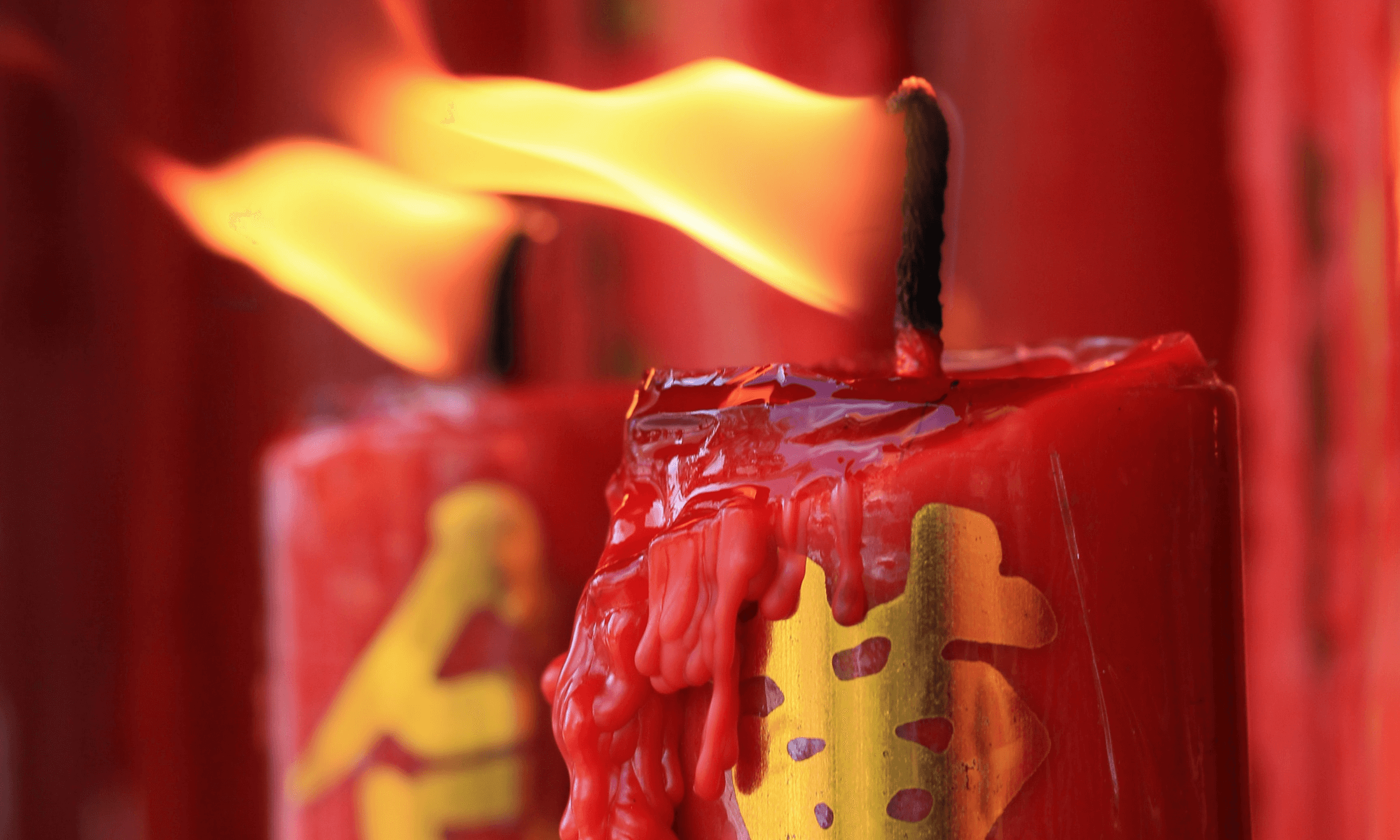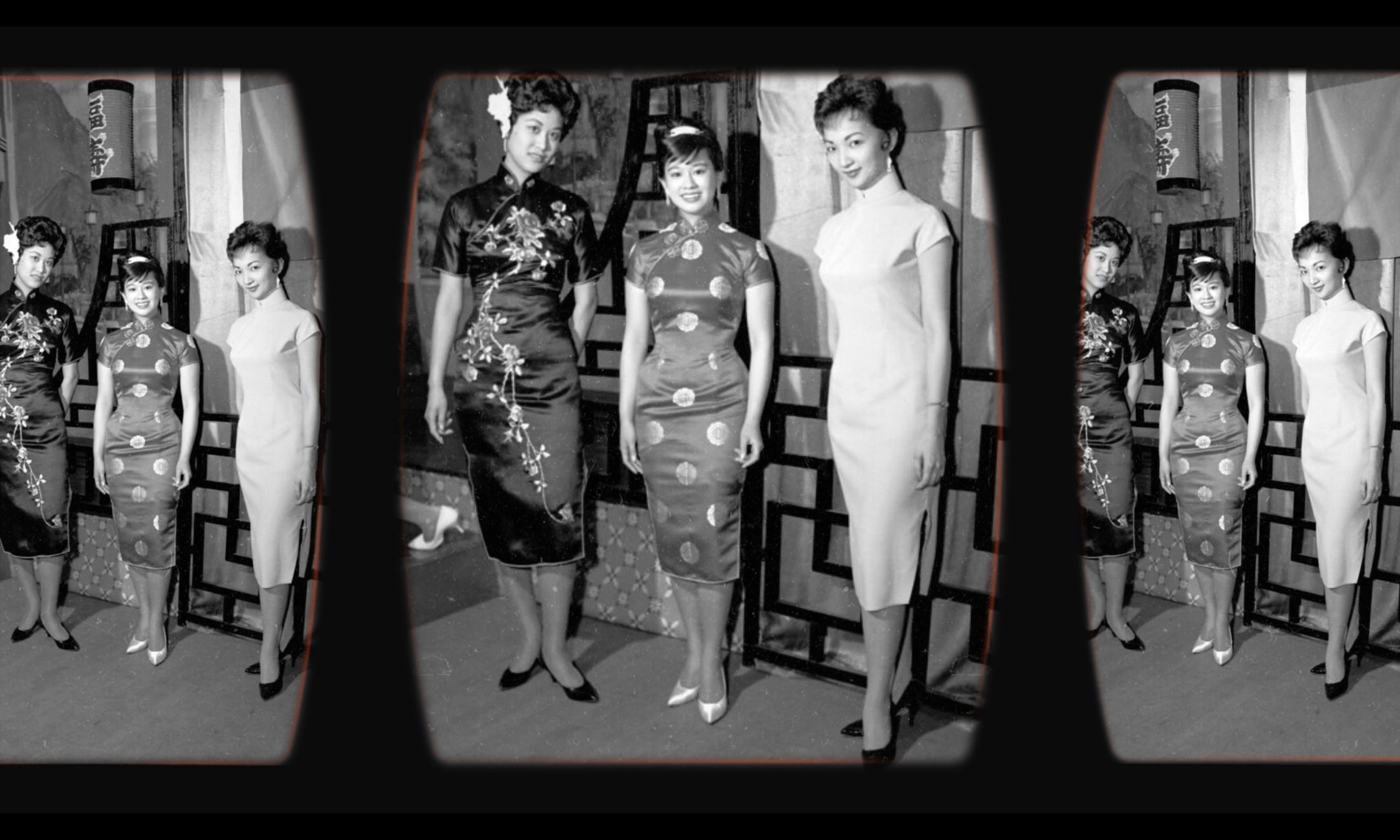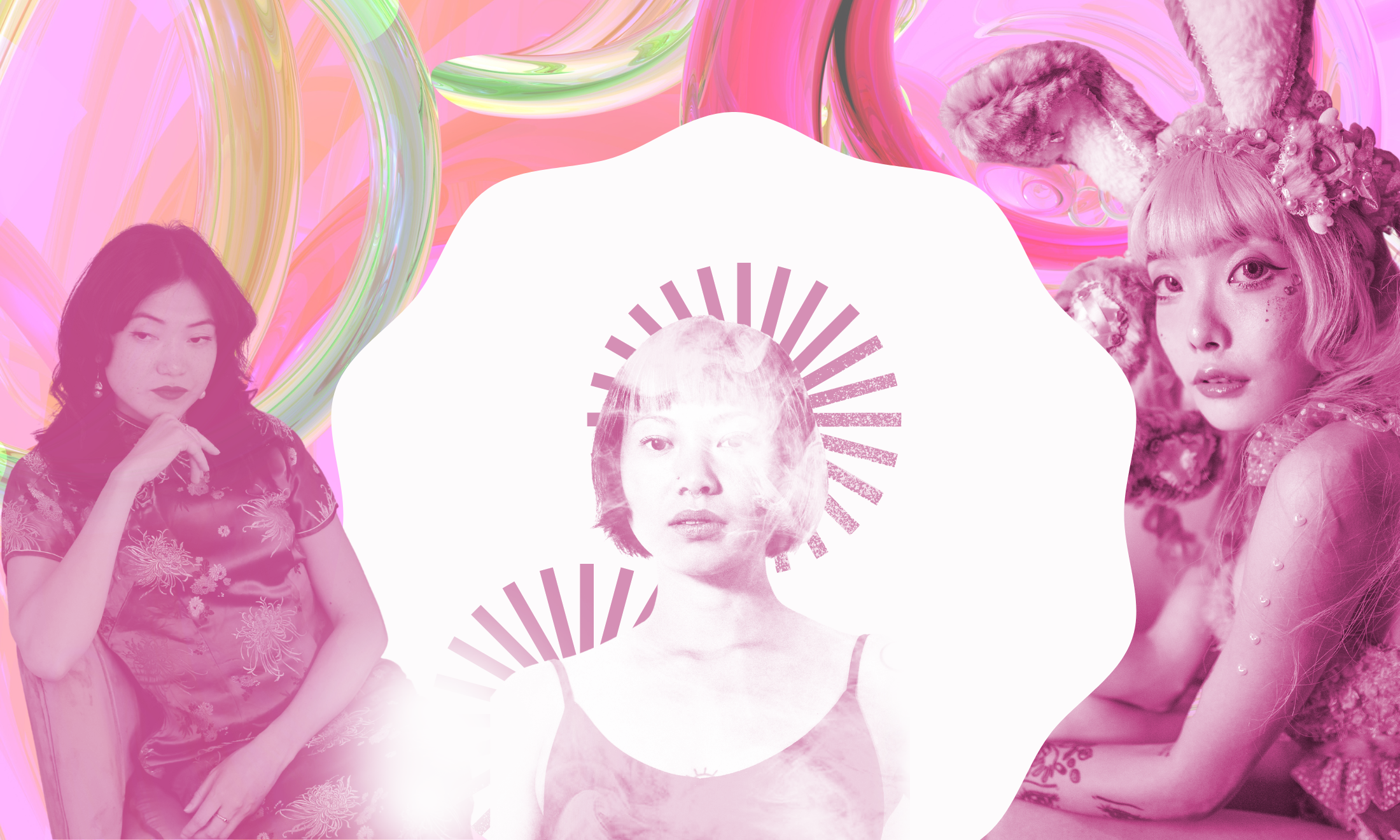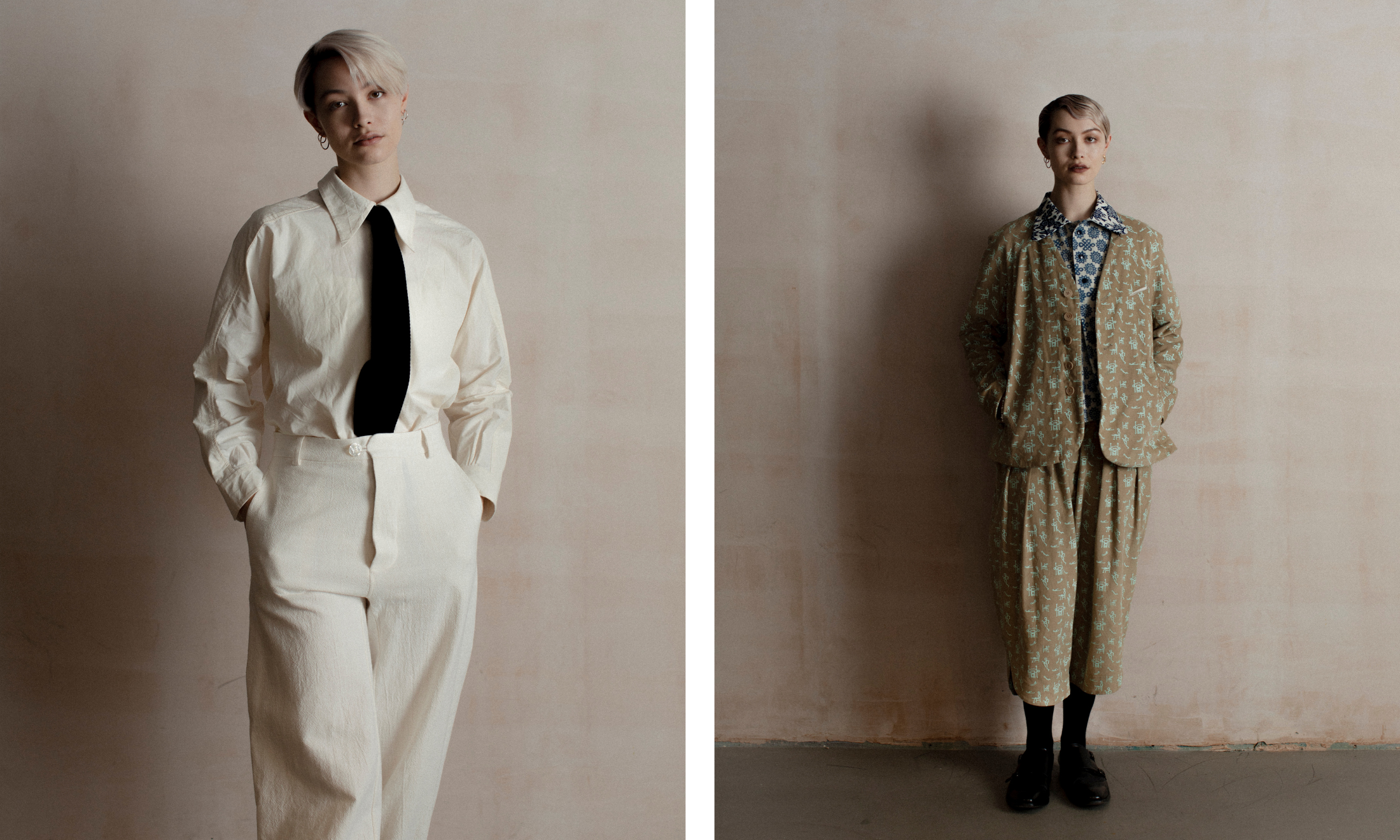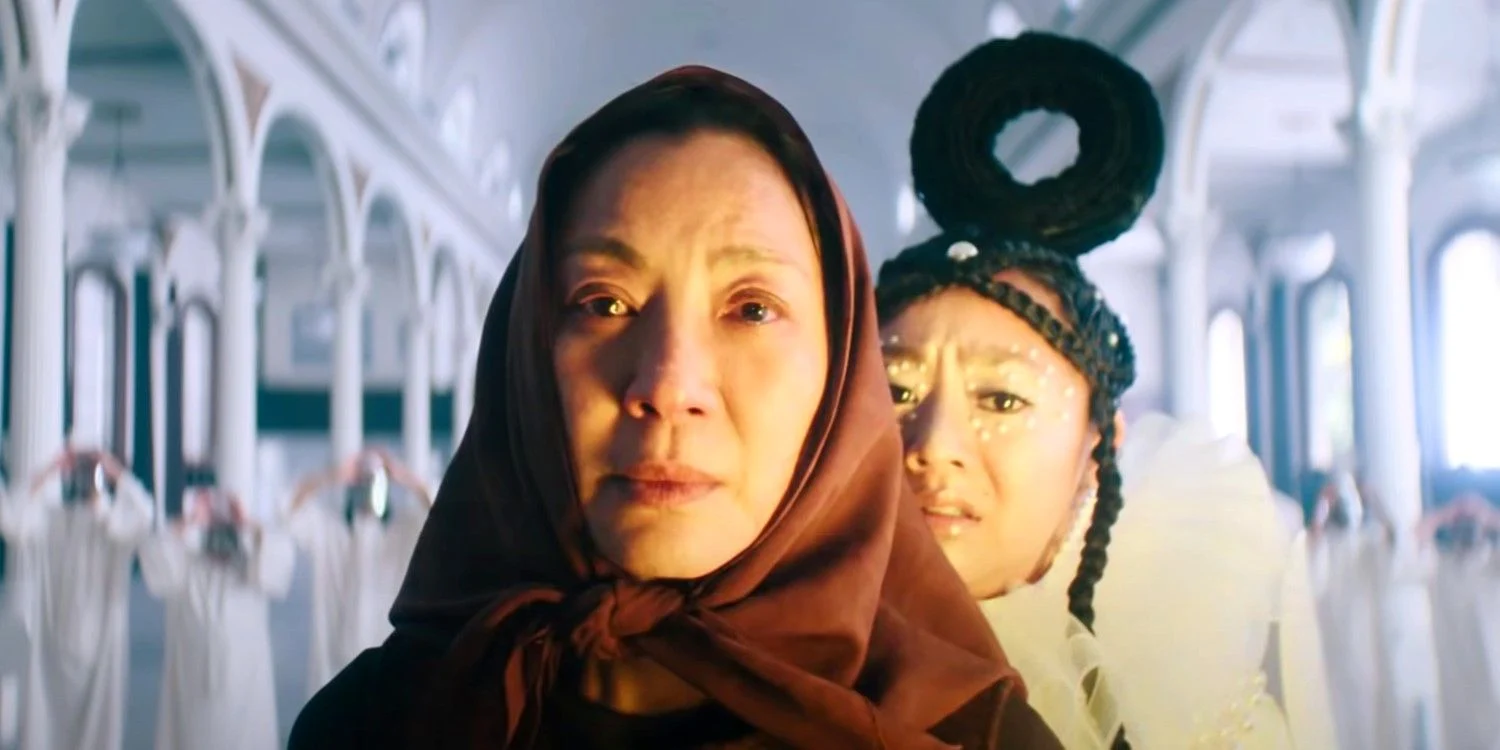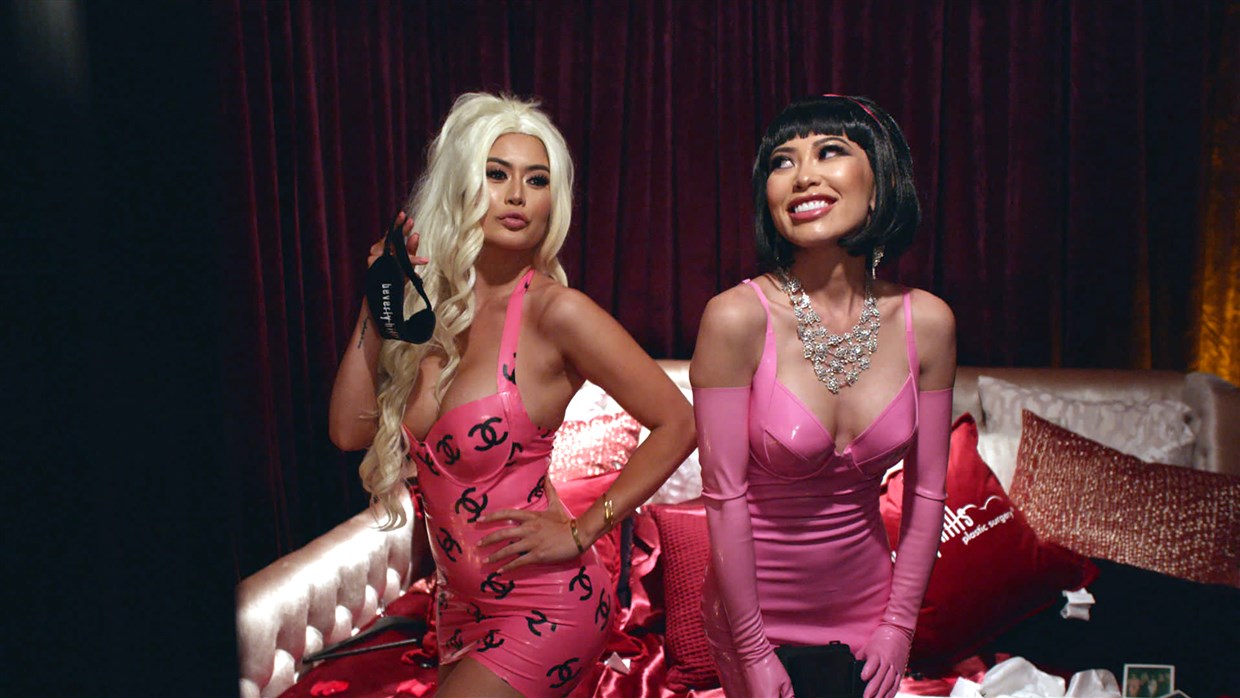
Courtesy of Netflix
Head to head: Is Bling Empire a milestone for East Asian representation?
Two writers hash it out to decide whether the show is a progressive step forward for TV representation or a dirty capitalist's wet dream.
Vanessa Hsieh and Lisa Meech
04 Feb 2021
Netflix has really hit its reality stride having gifted us with the chaotic rollercoaster Love is Blind and Selling Sunset which served us bitchy real estate realness. Bling Empire, the show that follows a super rich clique of South East and East Asian hotties, has become one of the platforms most viewed shows this month.
Significantly, it’s one the first predominantly South and East Asian shows to do so. In 2019, Equity found that East Asian actors account for just 1.7% of the cast on primetime TV in the UK and 1% of all leading roles in Hollywood. So while we’re all thinking about the drama, two writers wonder whether the show is a progressive step forward to be taken with a pinch of salt or a stereotype-laden capitalist fantasy.
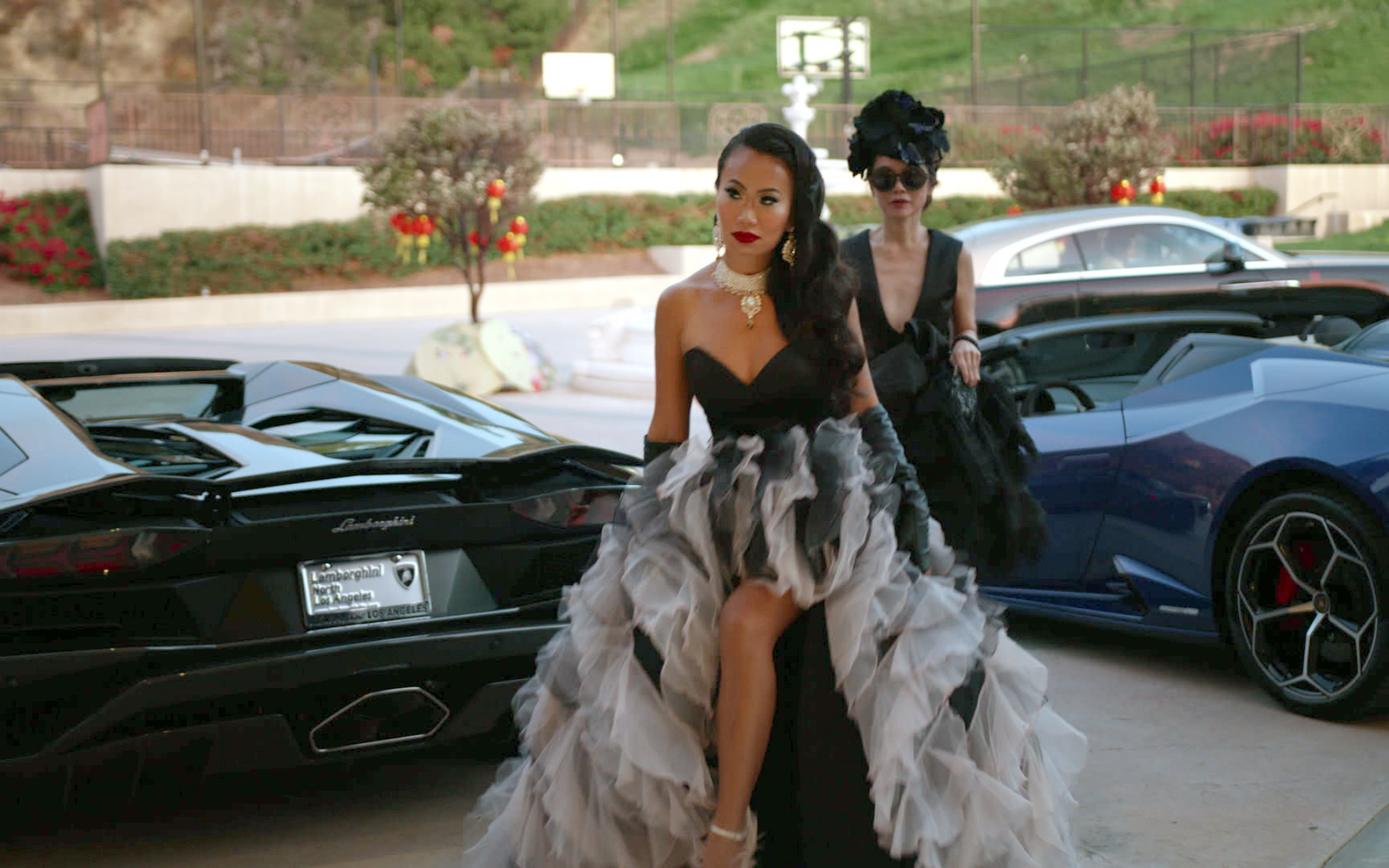
Vanessa Hsieh: TV is full of rich white people so I’m here for some East Asian drama
I’ve had enough of reality. That is my own reality. I’ve retreated fully into the safe space of pseudo-scripted scenarios reality TV offers to feel like I’m still living without actually exposing myself to people IRL.
Enter Bling Empire, Netflix’s answer to Crazy Rich Asians. As a premise, this was always going to be a winning pitch. Since the blockbuster adaptation of Kevin Kwan’s novel introduced the crazy, rich, and Asian demographic (and how lucrative it is) to the mainstream in 2018, it was a matter of time before they became the subject of their own series. Neither, I’m aware, are really exemplary of my own experiences as a decidedly not crazy rich East Asian – but that’s not why I’m watching. After years of delighting in warring WASP women on screen, Bling Empire satiates my trash TV cravings with the added satisfaction of seeing outrageously opulent cultural celebrations from Lunar New Year to Mid-Autumn Festival, and how Asian superstitions cross class lines into the upper echelons. In the same way, I don’t hold the Real Housewives as moral compasses, it seems odd to ask a stereotypically shallow guilty pleasure format like this to seriously address the many, multifaceted experiences of being Asian. Escape is the objective, I’m not looking for a documentary.
Among the usual drink-throwing and dinner party politics, the novelty of the all-Asian cast does, however, offer a fresh take on conventional tropes. There’s depth to the storylines beyond a tokenistic addition to the cast to address racist controversy. Himbo Kevin Kreider navigates the intricacies of interracial adoption searching for his birth family, Kelly Mi Li consults therapists and fortune tellers alike for her fuckboy troubles, and even Christine Chiu’s attempts to undermine an unbothered Anna read as a manifestation of neuroses stemming from eleven years of pent-up pressure from filial piety to produce a male heir. Within the context of a culture where privacy for the sake of keeping up appearances often overrides, Bling Empire takes baby steps into messy Asian representation – and hopefully contributes to a cumulative shift towards more reflective depictions of Asian culture in media.
Despite protests otherwise, the capitalist hellscape we live in has us in a chokehold – our enduring obsession with the rich and famous, a symptom of this. As noted by a recent episode of The Cut’s podcast, a lot of the stories we love are about “rich people problems” explaining the swell of reality shows that are centred around the obscenely rich: Keeping up with the Kardashians, The Real Housewives franchise, stretching all the way back to the predecessors like The Hills, Paris Hilton’s The Simple Life. We at the bottom like to look at them living lavishly and fighting like children. Perhaps seeing their ridiculous trials make us feel better about our miserable lives? Who knows.
“Escape is the objective, I’m not looking for a documentary”
Cue fights over fine jewellery, surprise trips to Paris, phone number-length real estate valuations, and literal baby would-be emperors. Bling Empire fits right into the theatre of absurd wealth well-established in reality show canon. Here, this excess intersects with the significance of spirituality across the group, posing philosophical questions like, can you be a billionaire and a Buddhist?
No-one embodies this contradiction more than weapons-rich Anna Shay who, despite this immediate red flag, turns out to be the most genuine, guiding force of the show. Coaxed out of moneyed seclusion, the instant fan-favourite delivers acerbic, proverb-like one-liners in her confessionals (notably that “there ain’t no dick that good” to excuse staying with someone as toxic as Andrew aka the red Power Ranger) and turns gifted Dior shoes into a teachable moment about etiquette and the value of friendship. She epitomises what makes the show so compelling. With net worths that would make the cast of Made In Chelsea’s eyes bleed, Bling Empire is a window into personal lives we wouldn’t otherwise be privy to, beyond the fictional veneer of K-drama chaebols (rich families) and romcom archetypes like the sickeningly handsome Nick Young of Crazy Rich Asians fame. For the first time, these conflicts play out in the paradigms of western reality TV – a collision of worlds ripe for the Great Gossip Drought we’re currently suffering.

Lisa Meech: When the revolution comes we will still eat the crazy rich even if they’re Asian
Alas! A show with an all South-East and East Asian cast. Bling Empire is undeniably a representational breakthrough, a show that takes care to nod to specific cultural situations (for example, Kevin’s transracial adoption, traditional holidays and stresses around marriage/childbirth.) But do the 1% need any more representation?
Bling Empire is littered with sweeping stereotypes that I thought we were surely done with. From Kane’s assertions that all Chinese people are “smart”, generalisations about our docility (cause we’re Asian we don’t fight”) to Instagram-filter-fanatic and former pop star Cherie’s mum vetoing her Sony-backed music career “like any typical Asian parent”. It’s a representation of Western South East and East Asian experiences, but one that brushes closely with stereotypes of intelligence, strictness and politeness. Whether it’s white people or Asian people painting us as a monolith, it’s not what I’m yearning to see on the TV. Often places with potential for nuance also fall flat. Cherie, born in the US to Chinese-American parents, mentions feeling culturally “caught in the middle” between her American life and Chinese values. By that, she means someone that can “take the lead” or that gets “taken advantage of”. Leaving me frustrated, as a potential exploration of immigrant identity falls back onto stereotypes of soft, polite East Asian woman vs the strong and free Western woman.
“Bling Empire is littered with sweeping stereotypes that I thought we were surely done with”
All these gripes pale in comparison to the fact that the petty dramas revolve around the descendants of a dynasty, oil and in Anna’s case, arms selling companies. Jaime who can say “fuck college” as she tucks into her trust fund. People who find social codes in necklaces and seating arrangements. Twitter is abuzz with Anna Shay stan accounts and proclamations of love for the “queen” and her wise advice. Although, if you live in the world where “prices don’t exist”, as Florent (Anna’s best friend) says she does, I presume people are more likely to listen to your point of view. She also flies between LA and Paris just to visit her favourite restaurant, having the designer stores empty for her presence whilst she’s at it. Making our show favourite an extravagant woman who can’t find enough ways to spend her blood money. Shocked by their lavish lifestyles, Kevin is our every man, learning about the goings-on of this crazy, rich world with us. But a net worth of $10m is hardly poor either.
Maybe I’m too critical – Bling Empire probably wasn’t aiming for delicate social commentary. Part of me thinks I should be happy to see faces like mine on screen, even if their lives aren’t. But can we at least get varying representations to balance this commentary out? I can’t wait to see something recognisable. Preferably something that’ll ensure no-one asks me to talk about my noble, samurai heritage again.
Bling Empire satisfies our desire to know what it’s like to be rich but not to see people like ourselves. With Crazy Rich Asians, House of Ho and now Bling Empire, we’re left with one, grossly rich snapshot, which represents so few of us. Netflix’s big foray into an all Western South East/East Asian cast might be juicy, but I wonder if they have an appetite for people like me.

